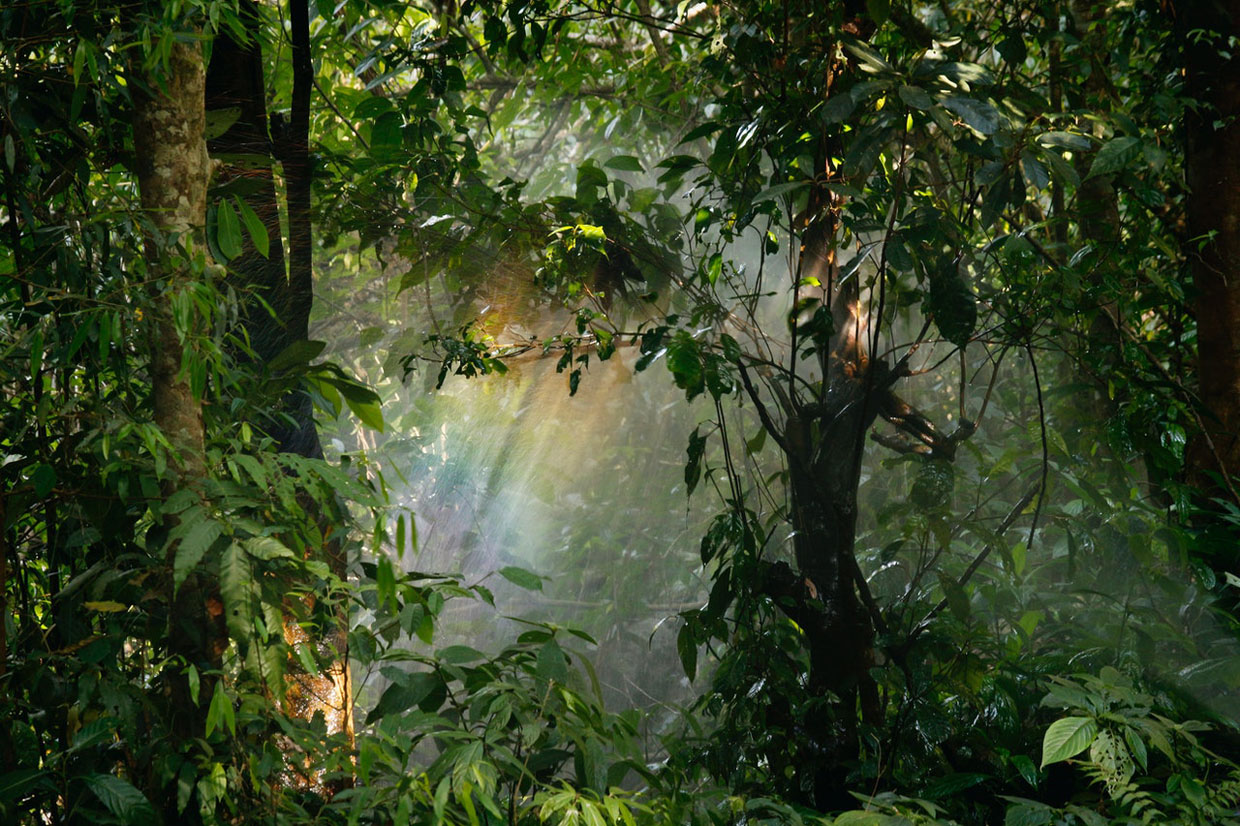Gitanjali 12
by Rabindranath Tagore
The time that my journey takes is long and the way of it long.
I came out on the chariot of the first gleam of light, and pursued my voyage through the wildernesses of worlds leaving my track on many a star and planet.
It is the most distant course that comes nearest to thyself, and that training is the most intricate which leads to the utter simplicity of a tune.
The traveller has to knock at every alien door to come to his own, and one has to wander through all the outer worlds to reach the innermost shrine at the end.
My eyes strayed far and wide before I shut them and said ‘Here art thou!’
The question and the cry ‘Oh, where?’ Melt into tears of a thousand streams and deluge the world with the blood of the assurance ‘I am!’

Rabindranath Tagore
Rabindranath Tagore (1861 – 1941) was a Bengali poet, writer, music composer, and painter from the Indian subcontinent. He reshaped Bengali literature and music, as well as Indian art with Contextual Modernism in the late 19th and early 20th centuries. Author of the “profoundly sensitive, fresh and beautiful verse” of Gitanjali, he became in 1913 the first non-European to win the Nobel Prize in Literature. Tagore’s poetic songs were viewed as spiritual and mercurial; however, his “elegant prose and magical poetry” remain largely unknown outside Bengal.
Tagore modernised Bengali art by spurning rigid classical forms and resisting linguistic structures. His novels, stories, songs, dance-dramas, and essays spoke to topics political and personal. Gitanjali (Song Offerings), Gora (Fair-Faced) and Ghare-Baire (The Home and the World) are his best-known works, and his verse, short stories, and novels were acclaimed—or panned—for their lyricism, colloquialism, naturalism, and unnatural contemplation.
Source: Wikipedia. Rabindranath Tagore

